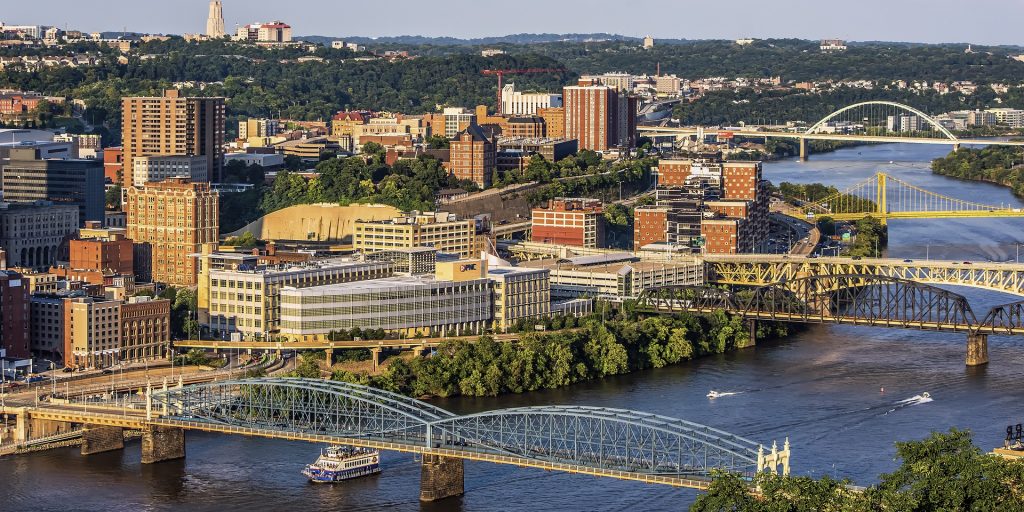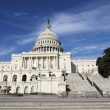Economic report from Pittsburgh provides insight into national recovery
The latest Consumer Price Index update released Thursday by the U.S. Bureau of Labor Statistics pegs inflation at a four-decade peak, increasing the economic pressure on communities emerging from two pandemic-fraught years. Year-over-year, prices are up 9.1%, according to the most recent information, representing an 8.6 percent increase from May.
At the national level, the federal government is responding quickly by hiking interest rates, fueling concerns of an impending recession. It’s not yet clear whether or not these fears will turn into reality—public officials and experts have previously expressed optimism that local governments, flush with cash from the American Rescue Plan and the Bipartisan Infrastructure Act, will be able to weather an economic drought and help businesses survive.
Over the last two years, federal initiatives have buoyed local economies during a time of extreme uncertainty. And from the economic low-point that arrived right after the pandemic was realized, communities have come roaring back to life. In some communities, economic development is rebounding at an unprecedented rate. An example of this at the local level can be seen in Pittsburgh, Penn.’s metro area—and could provide insight into the recovery that’s ongoing in communities across the nation.
The Allegheny Conference on Community Development’s annual Pittsburgh Region Business Investment Scorecard gives a comprehensive look at economic development across 10 counties over the last year. The region secured $3 billion in combined capital investment in 2021 across a total of 215 deals. Most investments were from 150 companies with plans to add or retain employees, while 65 were related to infrastructure real estate developments that aren’t specifically tied to employment impact, according to a report from the organization.
Development projects in the area surpassed $2.5 billion last year, representing an increase of more than $1 billion over the 15-year average—the largest increase on record. Administrators leveraged hardship into opportunity.
“Amid pandemic-related economic recovery, we doubled down in 2021—a year of transition—on playing to the region’s strengths and their intersection with market demand,” said Mark Anthony Thomas, president of the Pittsburgh Regional Alliance in the report. “These efforts, advanced by all of southwestern Pennsylvania’s economic development partners, helped to propel the Pittsburgh region’s economy and lead to a rebound in investment project deals since 2020. Nearly $3 billion in capital investment is tied to these and reflects companies locating to the region or expanding existing operations, as well as development projects such as new or improved real estate assets.”
Driven primarily by the modernization of the Pittsburgh International Airport and four substantial projects—led by Amazon, Trulieve, Iron Synerg and Express Med—job growth exploded by more than 10,100 jobs, including 8,405 new ones, marking a 29 percent increase from 2020. Nearly 40 new businesses opened.
Given the two-year trend, administrators are optimistic about the future.
“In the first six months of 2022, the region is seeing signs of recovery in terms of investment volumes compared to pre-pandemic levels. Advanced manufacturing comprises a larger share of regional announcements, as does tech and robotics, which appear largely unaffected by the pandemic. Along with energy-related announcements exceeding pre-pandemic levels in the first four months of 2022, distribution center announcements continue to see increased strength, exceeding the five-year average between 2015 and 2019 in the first four months of 2022,” a statement about the report says.
Nationally, as communities prepare for whatever economic future will come next, unemployment numbers remain steady. The latest economic news release published last week by the Bureau of Labor Statistics notes the unemployment rate remains at 3.6 percent, with notable job gains in professional and business services, leisure and hospitality, and health care.




















